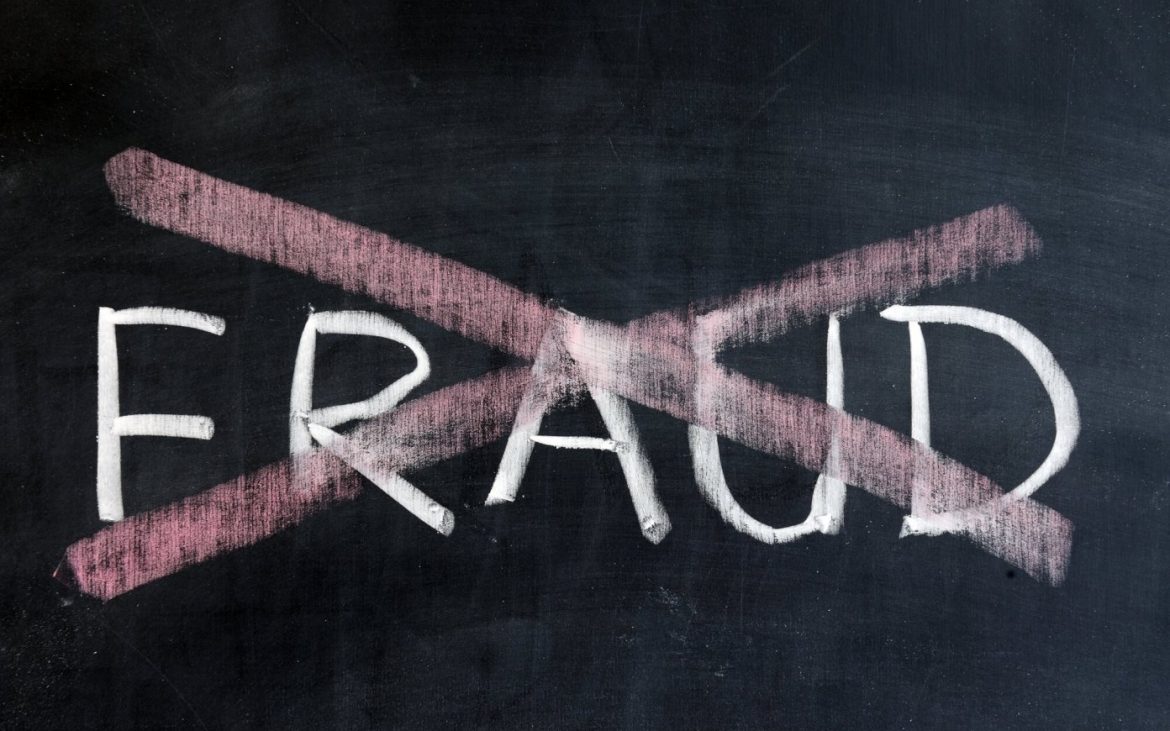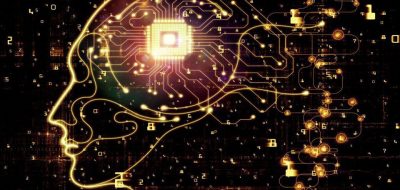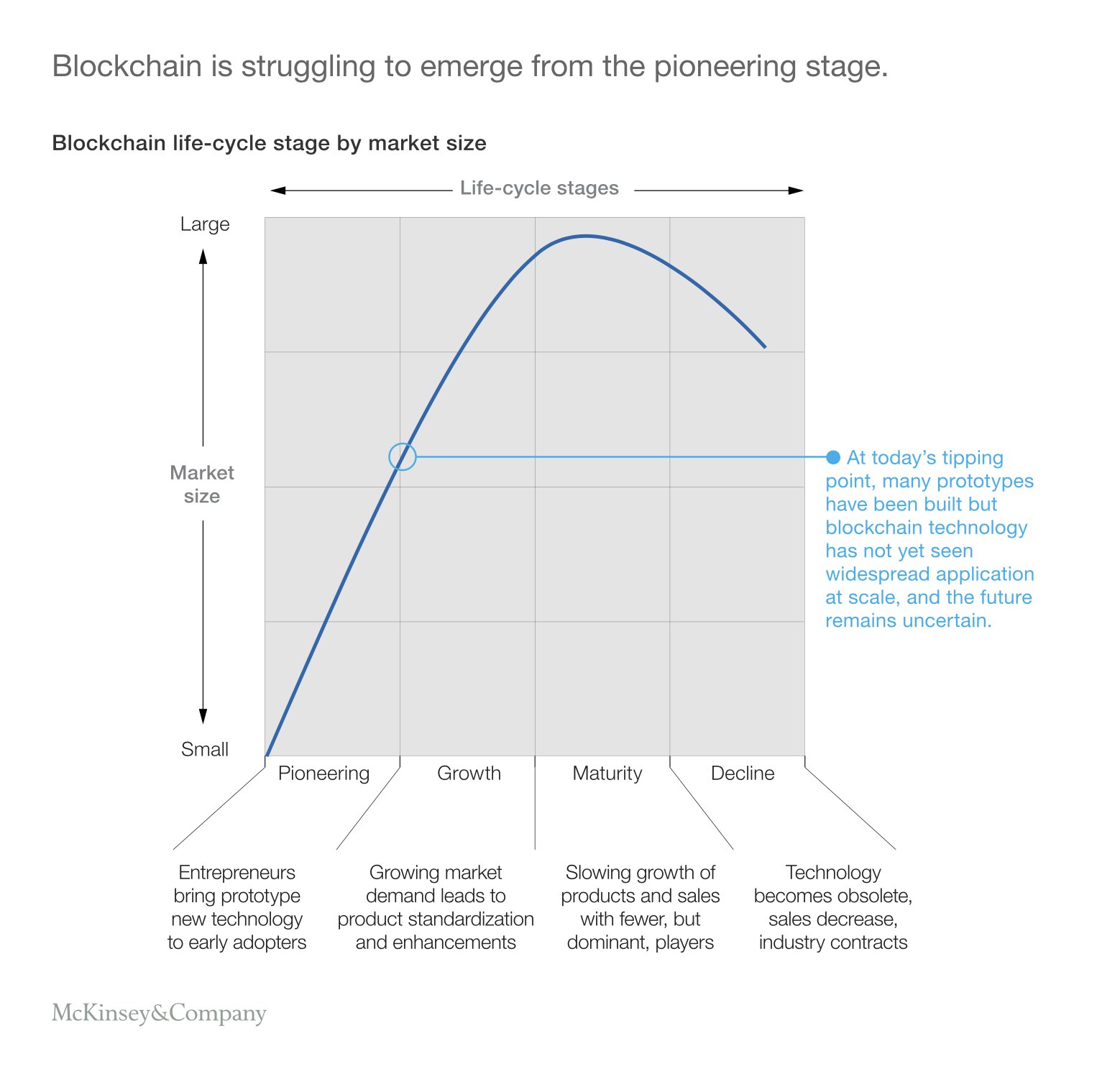My article in Data Driven Investor published 21st of December 2018.
If blockchain becomes universal, we will be able to declare our taxes more conveniently, buy houses faster and more securely, exercise better control over the decisions of public administrations and store and make available our data in public registers. Public administrations and even state governments will gain a tool to better manage not only the economy, but also public interest. In keeping with its obligation to use funds efficiently, the public sector could generate huge savings as, by definition, blockchain cuts out costly intermediaries from the transaction process. Hence, benefits could be gained by both the average citizen and society at large. What is crucial in the context of public administration is that blockchain can be highly trustworthy. Any two parties who have never seen, known or even trusted each other can conclude a contract confident that no fraud is possible.
We are victims of documents
What are the expectations of the citizens who approach a public servant? The answer is simple. They want clear legislation, a service delivered in a friendly and competent way, efficient procedures, the confidence that their personal data will not be abused, and low transaction costs.
Is all this delivered to regular citizens? Unfortunately, the question is purely rhetorical. The reality is very different and fraught with complex document flows, repeated prompts for the submission of personal data in completing even the simplest formalities, and constant changes to legislation. The public servants across the desk devote most of their time to handling documents. What is worse, the documents come in different formats that are difficult to harmonize and require extensive safeguards and administrative procedures. Public servants are forced to grapple with constantly changing legislation and its interpretations. This makes for a very complicated environment that erodes trust between the parties involved. And yet, things could be very different.

Can the chaotic system be changed?
Managing dates of birth and death, civil status information, business registers, tax liability and insurance details takes massive information silos. More importantly, information flow rules must be codified, which is not an easy task in a constantly changing environment. To complicate things even further, individual public administration sectors use their own standards, often incompatible with those applied by other organizations. Even the most innovation-friendly governments find it daunting to manage data flows, process and validate data, and ensure IT security and safe disclosures to multiple parties. Could a universal system simplify data flows between citizens and public administration, offering convenience and a sense of security to both sides? Yes, it could. All that is needed is the political will and a green light from decision-makers. Every institution that handles invoices, documents, access codes and authorization tools should naturally be interested in the opportunities offered by blockchain.
The biggest benefit of blockchain is transparency
What makes public administration unique is its geographical distribution, the huge responsibility it shoulders, its mission and its inherent need for transparency. In one of my previous articles, I have already emphasized that blockchain’s transparency makes it perfectly suited for use in areas where transparency is critical. This is precisely why the technology might be of great interest to public institutions and offices. Not to mention us, the citizens.
Blockchain can also help respect one of the citizen rights enshrined in our political system, namely the right of access to public information. Besides benefitting governmental agencies and people in charge of issuing licenses and administrative authorizations, blockchain could help regular citizens.
Its very practical application could be to simplify relations between citizens and public administration bodies, protect critical public data and facilitate asset management. Deployed on a mass scale, it would provide every person and organization with access to virtually all the data that concerns them. The most obvious case is that of linking basic personal data with records of previous interactions with organizations and offices, with the respective data stored in an encrypted database. End users could authorize offices to access specified parts of such individual ledgers. Such access could be enabled with cryptographic rules set up in blockchain that would govern the use of public and private keys.

A clear security system
Security is paramount for both financial operations and the work of governmental authorities. Any technological solution used for these purposes must guarantee security. However, even the most sophisticated encryption systems can never ensure absolute security. With that in mind, we must remember that blockchain is among the technologies that can efficiently eliminate the threats that result from data tampering. This public ledger technology stores transaction data on multiple computers in a network in chronological order. In a nutshell, each transaction is recorded in the chain of what is known as blocks based on the information encrypted during previous transactions (to learn more about how blockchain works, see my previous articles). Anyone seeking to modify a transaction would have to modify all previous records throughout the blockchain. This would require the consent of other network users (blockchain is consensus-based), enormous computational power (comparable to that of the entire Internet) and specialized quantum computer algorithms (luckily, this technology is still in its infancy).
The reason for this is that there is no central agent to decide on the legality of system changes. Instead, all computers in a chain follow a protocol, setting the stage for automated consensus. Through this mechanism and its encryption system, the blockchain upholds the highest security standards. Having said that, lawyers and legislators must consider several key questions regarding the practical use of blockchain. To what extent are smart contracts legally binding? Will blockchain data be admissible in court? Do blockchain encryption methods require extraordinary standards if the technology is to become a universal ledger?
Read full article
Related articles
– Blockchain poised to shake up our lives
– Will quantum computers doom the blockchain?
– Why do we care about blockchain technology?
– Will a basic income guarantee be necessary when machines take our jobs?
– Machine Learning. Computers coming of age










Zoeba Jones
If you traceback to the genesis of the idea of blockchains as a tool to be used for things other than money, then we are talking about late 2015. But it’s been much more recent than that when you see people actually building out these types of networks (almost exclusively as ERC tokens on Ethereum).
The first ERC token standard (ERC-20) wasn’t even formalized until September of 2017. That’s only 14 months ago. If you wanted to try to turn one of your 2016 ideas into a reality, you’ve basically only had one year to try to make it happen. One year for fundraising, building the network and trying to encourage adoption. That’s it. For a problem previously considered interactable.
AdaZombie
Yes, this is a time for alternatives on the market, but … still giants are giants. Interesting year 2019 before us.
Karel Doomm2
Microsoft is offering Linux containers (just like Amazon, IBM). All these companies are doing is creating a pre-configured image of their software on a Linux instance hosted by Microsoft, and making an announcement. Technically there’s nothing interesting or difficult in that.
John McLean
Decentralized systems are the future. You can’t stuff the genie back in the bottle. Linux was the same way – it starts out crappy, but gets improved over time.
TomHarber
I know someone who’s country manager of an auto company. He’s great at selling automobiles – but like everyone c-level, they assume success in one field automatically makes them visionaries in all. Recently he told our group about how Blockchain will revolutionize the auto industry. Someone asked him about the applications. He replied that Blockchain will create a “non-repudiable sequence of transactions”.
When others asked him who will manage the Blockchain and who the target users are, he said, “we will figure that out as we go along.”
Often people just throw new faddy words to sound intelligent. AI, Blockchain, etc are the asshole words of our time. The technology and science are legitimate and might be huge for society/ industry in time, but they often get hijacked by the hype cycle.
ZoraBora
I can be completely wrong, but I read that as an attempt at creating some form of program that is in and of itself the ultimate authority. In other words, whatever the “smart contract” does is exactly what was expected, but all parties. So if the contract does something unexpected, then that was just a misunderstanding of the contract, and the contract has the authority, with no way of reversing the decision.
Under this promise, I would expect anything that happens in a smart contract to be final. If someone get $100 dollars from me, because i didn’t read the “script” correctly, then I lost that money.
In the real world we have consumer protections that make sure that I can get my money back. Ether has shown themselves willing to revert transactions in the past, but I believe that goes against the very core of what they are trying to offer. If they can do whatever they want to the computation, then they become the middleman.
John McLean
What I don’t really understand is why “block chain” is being focused on.
Block chain is a very low-level technology that solves a few recurring software problems very well. It’s exactly like any other design pattern, and yet you would never catch people raging that the Chain of Responsibility pattern will/won’t revolutionise all IT problems and bring about a moneyless utopia.
From what I can tell, bullshit non-technical cryptocurrency speculators began smearing this term all over the technologically illiterate media, whose myriad of incoherent claims about this innocuous software pattern left people raging at the very term “block chain” for failing to live up to the claims made about it.
Norbert Biedrzycki
Blockchain explained – bitcoin example
Zoeba Jones
Lets be honest here. The main driver behind 99% of the enthusiasm towards blockchain and crypto is the chance of striking it rich by betting on some coin or token or ICO to pay out in 1000x gains before cashing out one forgetting it ever existed.
If someone is thinking blockchain could solve X problem, they are really thinking more about how they could get rich by convincing other people that it would solve X problem. Once you invest early on, that’s the main goal. It’s basically a decentralized snake oil vending machine.
Norbert Biedrzycki
Blockchain is struggling to emerge from pioneering age. Still no killer app except crypto @McKinsey

JohnE3
Lets say we want to switch two cryptocurrencies. There is a cryptographical way to do this (Read up on Atomic swaps if you want to know more, but lets forget this since its not working for every currency).
We write a smart contract where person A sends currency X to the smartcontract and person B sends currency Y to it too. If both are happy with it, they trigger the contract and if both agreed the tokens are swapped. Person A now has currency Y and person B now has currency X
AdaZombie
Where I am living, Brazil, a contract is worth less than the paper it is written on, but if you *know* someone, then, wow, it’s important! My belief is that emerging markets will be the hotbed of blockchain adoption, and it will lead to nothing short of a global economic renaissance.
https://medium.com/nama-blog/how-i-stopped-worrying-and-learned-to-love-blockchain-df1b2c59df86
What astonishes me is how few major companies are aware of this opportunity.
DDonovan
Whenever there is an industry that requires multiple parties to interact and agree on things, like supply chains, financial clearing houses, and business contracts, the best solutions we have involve third party services coming in and enforcing deals. This is really expensive and time consuming, but necessary. While those third party services use technology to do the work, they are still run and operated by a lot of people and they exist to make a profit, which increases the price of all goods in the market. They exist because you have always had to trust the people running the technology, until blockchains came along.
John McLean
It’s a bit like if everyone suddenly started getting really excited about how “chicken soup is going to change the face of the construction industry forever”. It’s literally nonsense: chicken soup doesn’t solve construction issues. Blockchains don’t solve the issues that it is being applied to, in many cases.
A blockchain is a datastructure that does a very specific thing. Most people who talk about applying blockchains for things have subtly misunderstood that thing, so their proposals don’t actually make sense. This is leading to a very expensive, very slow-motion technical train crash.
John McLean
it always sounded to me like a bit of a waste of processing power, then I was shocked to see what it did to GPU prices.
TommyG
Amazing breakdown.. I would have thrown in a couple smart contract examples too, like a will that self executes with a deadman switch or a simple bet contract using oracalize to confirm who won
And99rew
Moreover, most of all human arbitrage is based not on the technical language of a contract, but more on the logical implicit understanding of the two parties.
If i buy a book from you, you could embed some tiny statement in your long ass policy that states that i won’t actually get my product. In the crypto currency world that would just be “too bad” for me. In the real world we realize that an unsophisticated consumer is not going to read that shit, and therefore we assume that when they purchase something they have a good faith, and reasonable, expectation that they will be getting the product. We realize that the relationship between consumer and provider is asymmetric, the provider will hold more expertise in the area, and they are therefore expected to protect and uphold the rights of the consumer.
AndrewJo
I’m not a blockchain enthusiast but I can see the point.
People like to have trusted third parties but they also like to have a choice of trusted third parties and for anyone to be able to enter the market of third parties and try to gain trust.
A comparison I can think of is open source. I know the practicalities of when someone skilled really wants to hide something malicious. Yet I prefer truecrypt to various closed source competitors. I have never inspected the code myself and I have no illusion that it’s 100% certain that it’s secure… but any random can go audit some of the code for themselves. If there’s a big old hole it has to hide in plain sight.
Almost everything with blockchain in its description right now is crap. But it has potential.
Smart contracts are typically unproven and shitty. But in a few decades time they have the potential to constitute a middleman immune to rubber hose cryptography.
CaffD
For sure.
You had to have a central authority preside over a record book. How else would you do it? An accountant cannot give free access to his books. If everyone had full access to it, I’d just add a a billion to my balance and retire (although someone else could then take it away from me…).
So we have institutions by necessity. The paypal ledger lives in a paypal computer. The bank ledger lives in a bank computer. That ledger is updated, secured and managed centrally. We trust these institutions to keep the integrity of the ledger.
Now what happens when you have a magic ledger where there’s no central authority, but by some magic (== blockchain) we still know that the transactions have 100% integrity? Nobody can cheat the system.
John McLean
After spending a lot of time reading about blockchain it’s still the slowest type of array you can think of for me personally.
I know about the decentralized nature of the design but centralized technologies like VISA are still million times better in terms of ease of use
johnbuzz3
I see there’s a potential use in payments and in smart contracts (although probably don’t fully understand these) but we can already do payments and contracts pretty well. Why would we want go through a huge upheaval to change it? What are the other potential uses?